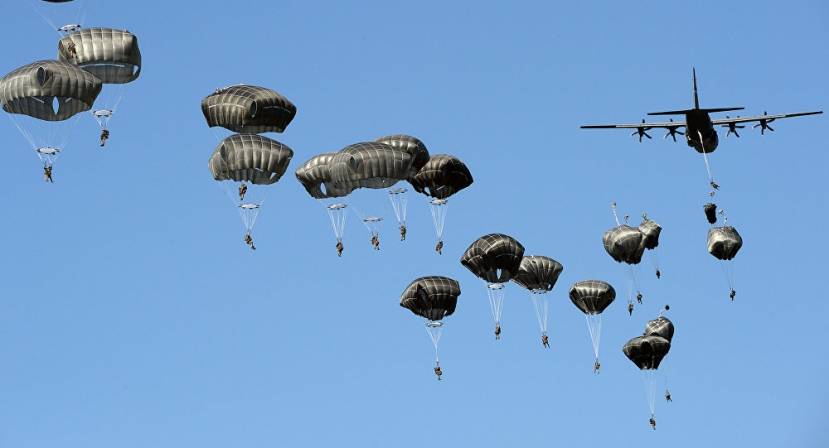NATO members have agreed on instituting a new adaptive command structure to improve the alliance’s ability "to improve the movement of military forces across Europe," NATO Secretary-General Jens Stoltenberg said in press conference after the North Atlantic Council Defense Ministers Meeting on Wednesday.
"Today, we agreed on the outland design for an adaptive NATO command structure which will be the basis for further work."
According to Stoltenberg, the new command structure will further strengthen NATO’s capability to reinforce allies quickly and effectively.
NATO has been significantly boosting military presence near Russia's borders since 2014 under the pretext of an alleged "threat" Moscow poses for eastern members of the alliance in the wake of Ukraine's internal conflict, a claim repeatedly denied by the Kremlin. Moscow has repeatedly voiced its protest against NATO's military buildup, saying that it would undermine regional stability and result in a new arms race.
Nevertheless, in 2016, the alliance has decided to approve sending four multinational battalions to each of the Baltic states — namely Lithiania, Latvia and Estonia — and Poland.
Most recently, the Russian Foreign Ministry has stated that Moscow will do its utmost to ensure its security in case of further NATO reinforcements in eastern Europe.
New NATO Cyber Operations Center
Stoltenberg has also announced a new NATO cyber operations center, which aims to strenghten the alliance's capabilities and defenses,.
"We discussed ways to strengthen our cyber defenses, we must be just as effective in the cyber domain as we are on land, at sea and in the air," he said, adding that the alliance will use its cyber capabilities against Daesh terrorist group in Iraq and Syria.
According to Stoltenberg, the use of cyber capabilities will be in accordance to national law and used as a proportionate response.
Previously, the alliance's chief stated that there will be the cyber element "in any military operation, in any foreseeable, possible military mission or operation" of the alliance.
The issue of cyberdefense was brought up during the NATO session in early October in light of Lithuania’s repeated calls on increasing the cybersecurity across Europe, with President Dalia Grybauskaite calling on the European Union to create a joint task force that would rapidly tackle hacker attacks targeting the bloc.

